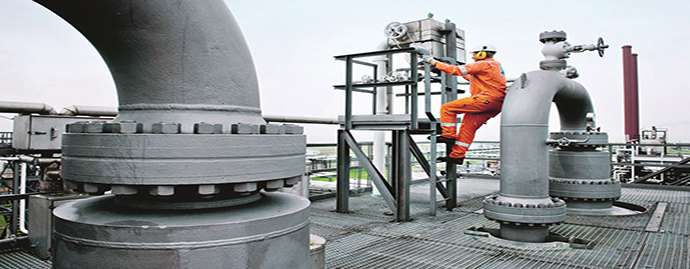| Start Date | End Date | Country | City |
|---|

 +966 920007771
+966 920007771

Objectives
- The course aims at developing an effective maintenance organization wherein the downtime of equipments are kept at the lowest level, inventory is at the minimum and there is a continuous improvement in the performance with due analysis of the breakdowns and downtime and taking necessary corrective action.
- At the end of the course the participants will feel their importance to the organization and there will be a morale boost up. .
Course benefits
- Effective maintenance organization with everybody in the department feeling as important as any other production or planning department.
- Develops a sense of belongingness.
- Improves the morale of the working personnel.
Outlines
- Introduction to relevance of Maintenance in an industry.
- Types of Maintenance that are in vogue in industries.
- Requirements of an Effective Maintenance organization.
- Responsibilities of a maintenance department in an organization.
- Breakdown, routine and planned maintenance, reporting system of breakdowns.
- Measurement of breakdown hours and analysis, Management Information System of a maintenance department
- Materials and standard spare parts planning and storage.
- Lubricants, cutting oils, hydraulic oils specification planning and storage.
- Inventory control, VED analysis, rationalization and variety reduction.
- Design cell for spare parts.
- List of machines and equipments and History cards.
- Repair cycle, maintenance cycle and replacement cycle.
- Control and coordination, recommended staff and work load, functions of various cells like spare parts cell, design cell,
- Data bank for machines and equipments and their Test charts and statutory test records for machines like cranes, boilers, air vessels and pollution controlling equipments.
- Manufacturing center for maintenance spare parts manufacture.
- Organization structure manpower planning for maintenance department, authorities and responsibilities, duties and functions.
- Introduction to tribology.
- Introduction to TPM.
- Role of Maintenance engineers in equipment selection and plant layout.
Who Should Attend
Who should attend: • First line Supervisors and above in the maintenance department.
Duration
5 Days










